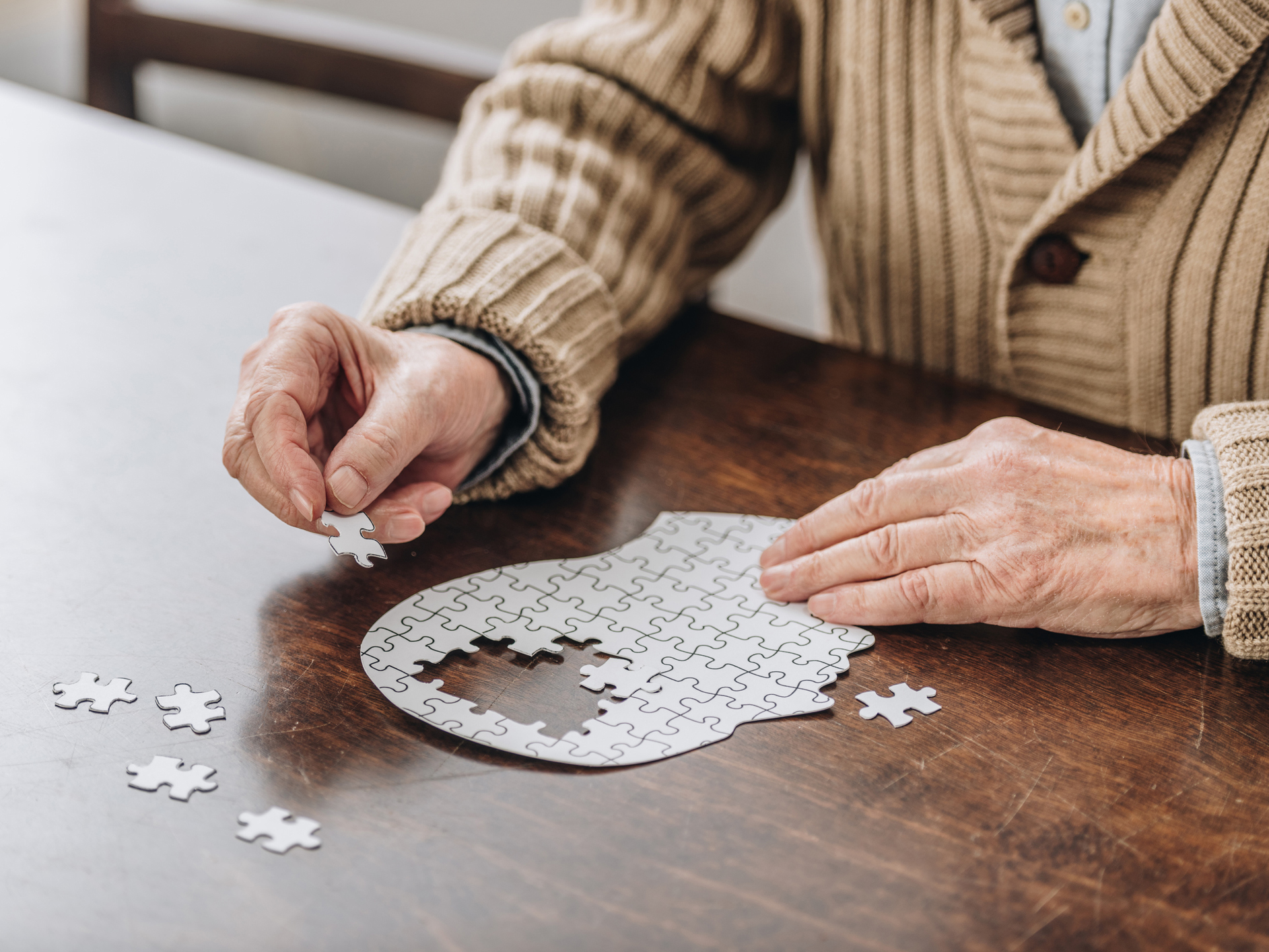Get Easy Health Digest™ in your inbox and don’t miss a thing when you subscribe today. Plus, get the free bonus report, Mother Nature’s Tips, Tricks and Remedies for Cholesterol, Blood Pressure & Blood Sugar as my way of saying welcome to the community!
How to get your body and mind back in balance after a Parkinson’s diagnosis

When your doctor delivers the news that you have Parkinson’s, it can be hard to get your bearings.
You knew things weren’t looking good. Your hand shakes every time you pick up a cup of coffee. And your walks with your dog are becoming slower and stiffer by the day.
But now that you’re officially diagnosed with a progressive nervous system disorder that affects your movement, what do you do?
Do you move more? Less? How do you keep yourself as healthy, mobile and happy as possible?
Figuring out how exercise fits into your life after a Parkinson’s diagnosis is tricky. Your body’s revolting against you, which makes exercising uncomfortable. It’s tempting to toss your Nikes in a bag for Goodwill and call it a day.
But that would be the biggest mistake a person with Parkinson’s could make. Why?
Because research shows that regular exercise slows the progression of Parkinson’s and helps you maintain your quality of life. So, you absolutely, positively must exercise.
But now that that’s settled, you probably have another question… what type of exercise is best for people with Parkinson’s?
Well, any exercise will help. But a new study shows that if you really want the biggest benefits, you should dedicate yourself to daily downward dogs.
Mindfulness yoga makes a bigger difference in your mental health and happiness
Researchers from the University of Hong Kong just discovered that mindfulness yoga may have some benefits for people with Parkinson’s that other forms of exercise don’t.
Their study included 138 people with mild to moderate Parkinson’s disease. They had some of these people participate in a mindfulness yoga program for eight weeks and others participate in a stretching and resistance training exercise program for eight weeks. Here’s what happened…
Both programs improved motor dysfunction and mobility, but the yoga program made five additional improvements:
- Anxiety
- Depression
- How much they felt they were suffering
- How mentally calm and composed they felt
- Health-related quality of life (HRQOL)
Now, these are substantial benefits. Because, no matter how well you’re doing physically with your disease, if you’re not coping well with your disease mentally, your life’s going to be miserable. Period.
Starting a mindfulness yoga practice
So, if you’re struggling to come to terms with your Parkinson’s disease, take the first step toward better physical and mental health. Start a mindfulness yoga practice.
Technically, yoga was created with the intention that all yoga would be mindfulness yoga, but today you’ll often stumble upon classes that are more focused on perfect postures and physical fitness than the reflective, mindfulness aspect of yoga. If you have Parkinson’s, avoid those classes.
Many of the benefits of yoga (especially when you’re dealing with a chronic disease) come from yoga’s ability to make you calm, relaxed and mindful. It’s easy to find high-quality yoga classes with a mindfulness component no matter where you live.
Nothing compares to in-person yoga instruction, especially when you’re a beginner. But I’m also a big fan of using YouTube yoga videos to develop a home yoga practice.
Here are two of my favorite YouTube yoga teachers: Adriene Mishler and Lesley Fightmaster. Check out a few of their videos and see if they work for you.
Dr. Mark Wiley also provides several yoga videos here at Easy Health Options, including:
- Start your day with the joy-happy-love exercise;
- Breathe stress out and energy in;
- and Relieve stress and depression with yoga
Sources:
- Mindfulness yoga aids patients with Parkinson’s disease — MedicalXpress
- Effects of Mindfulness Yoga vs Stretching and Resistance Training Exercises on Anxiety and Depression for People With Parkinson Disease A Randomized Clinical Trial — JAMA Neurology
- Exercise — Parkinson’s Foundation













